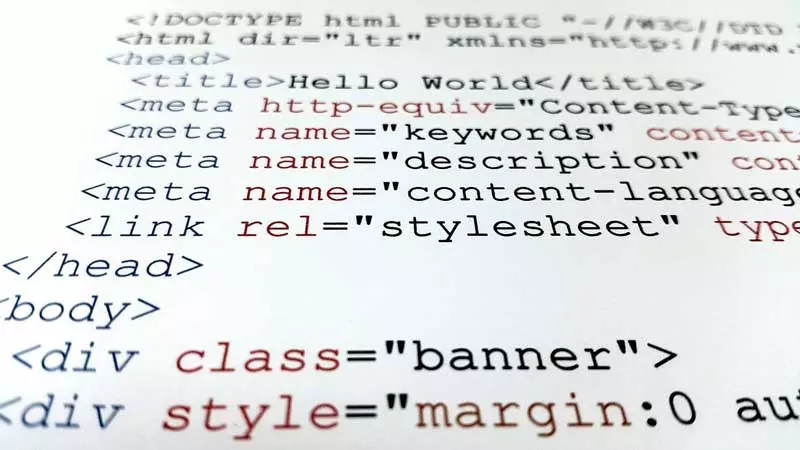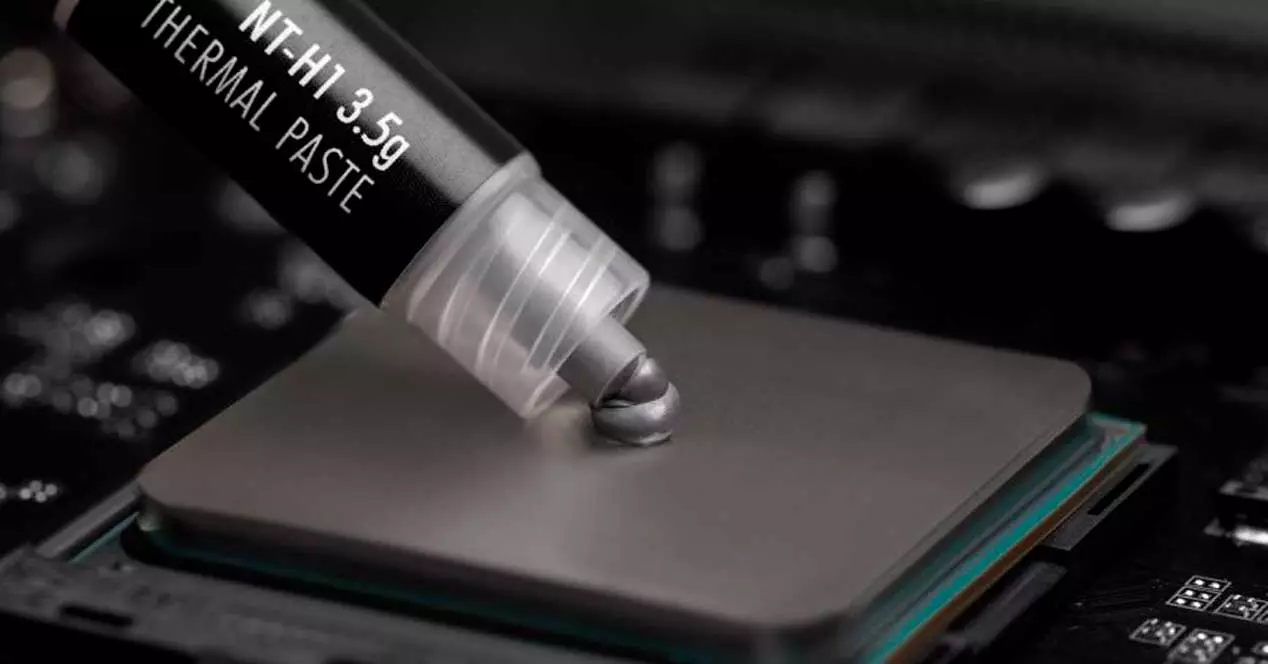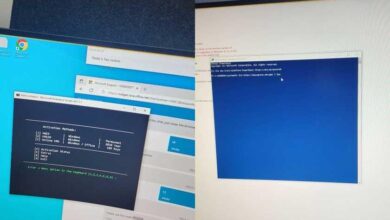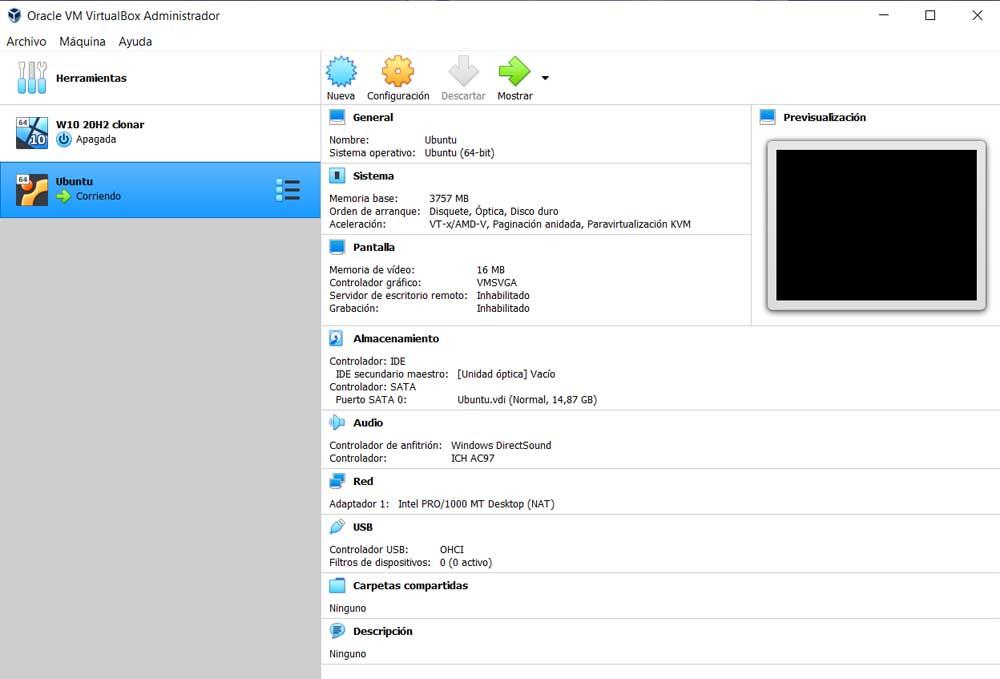
In general, users of open source software often brag about their security compared to other programs. Likewise, it is common to find a wave of opinions highlighting the benefits of proprietary software as more secure than open source software.
Differences between free and proprietary software
We are talking about a proprietary or proprietary software one that does not allow free access to its source code. This is only available to its developer, preventing its free reading, modification or adaptation by third parties. This fact allows to facilitate its acquisition, provokes the existence of more specific programs. It also has greater compatibility with the hardware and offers a greater development of the program by having a greater investment behind.
The free software, for its part, is one that is freely distributed without receiving an economic consideration. But not all free software is free. To be considered as such, it is necessary to distribute it accompanied by its source code, so that it can be used and modified in all part by any user to adapt it to their needs. In addition, it does not need a license since it can be copied to as many computers as necessary.
To serve as an example, when we talk about browsers, a proprietary software would be Microsoft Edge, while free software would be Mozilla Firefox or Opera. If we talk about image editors, the exclusive one would be Adobe Photoshop, and the free software would be GIMP and Krita, etc.
Free software vs proprietary software security
The confrontation between the defenders of free software over the defenders of proprietary software goes back a long way. Each has their own reasons for thinking that they are better in terms of safety than the other. In this way, users who use open source programs defend that having a source code available to any user, it will always be easier to be able to locate potential security holes or vulnerabilities that may endanger our security.
However, this same argument is used by advocates of closed systems. They consider that the power of the source code of any program or operating system can allow hackers to examine it in order to exploit their vulnerabilities, in a much simpler way than proprietary software, since only its experts and developers can have access to the application code. Thus, it is more complicated that security hole can occur.
Whatever our preferred option, the truth is that, in both cases, what has been shown is that safety is not 100% guaranteed in any moment. In general, developers will ensure that the risks of being attacked are always reduced as much as possible. It will already depend on the needs of each user to bet on one type of software or another.



